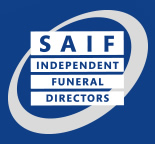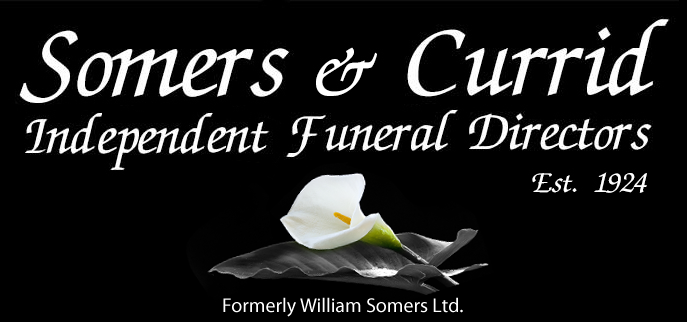Choosing The Type Of Funeral
Arranging a funeral service involves many elements. Let our professional funeral directors in Stirling or Callander take care of all of the details. We will listen carefully to your requirements, help you make important and difficult decisions, liaise with third parties, and ensure everything runs as smoothly as possible on the day.
Let us guide you through the options for:
The funeral service

Choosing between burial or cremation
Some things to consider about a burial:
- You may already have a family grave or plot. We can arrange for this to be reopened.
- In some areas, burial space may be limited or may be very expensive.
- You might want to reserve plots or a large plot if you or your family want to be buried close by.
- Woodland burials are now available in many areas in the country.
- You can hold the funeral service in a local church.
- After the burial you will need to consider if you want a memorial headstone, or a new inscription on an existing headstone.
For all burials there are fees involved which could include the following:
- Cost to purchase a new grave.
- Opening or re-opening an existing grave.
- Removal and replacement of any existing memorials, headstones, and so on
- An exclusive right of burial.
- We can also give you advice on choosing a memorial and any local regulations you should know about.
Some things to consider about a cremation:
- It can cost less than a burial.
- The funeral service can be held at the crematorium. Most will have a service room or other appropriate facilities.
- The service may also take place in a church or another location before going to the crematorium.
- There will be a strict time limit for the length of the service. This will vary depending on the crematorium.
- You will need to decide the final resting place of the ashes. You can keep the ashes in an urn, scatter or bury them.
- We can advise you if any restrictions are in place at your chosen crematorium with regards to the choice of dress for the deceased, or placing any possessions in the coffin.
A direct cremation is a simple cremation that is carried out in the absence of mourners without a traditional funeral service. The deceased will receive a dignified send-off in a private ceremony carried out by our funeral directors. Afterwards, the ashes can be returned to the next of kin or respectfully scattered in the crematorium’s Garden of Remembrance. As they have very few associated costs, direct cremations are the most cost-effective type of funeral available.
Supplying information about the deceased
In order to make the funeral arrangements we will need:
- The full name of the person who has died.
- Their full address.
- Their date of birth and age.
- Details of where and when they died.
- Confirmation of whether the person who has died had a pacemaker fitted. Pacemakers must be removed before the cremation.

